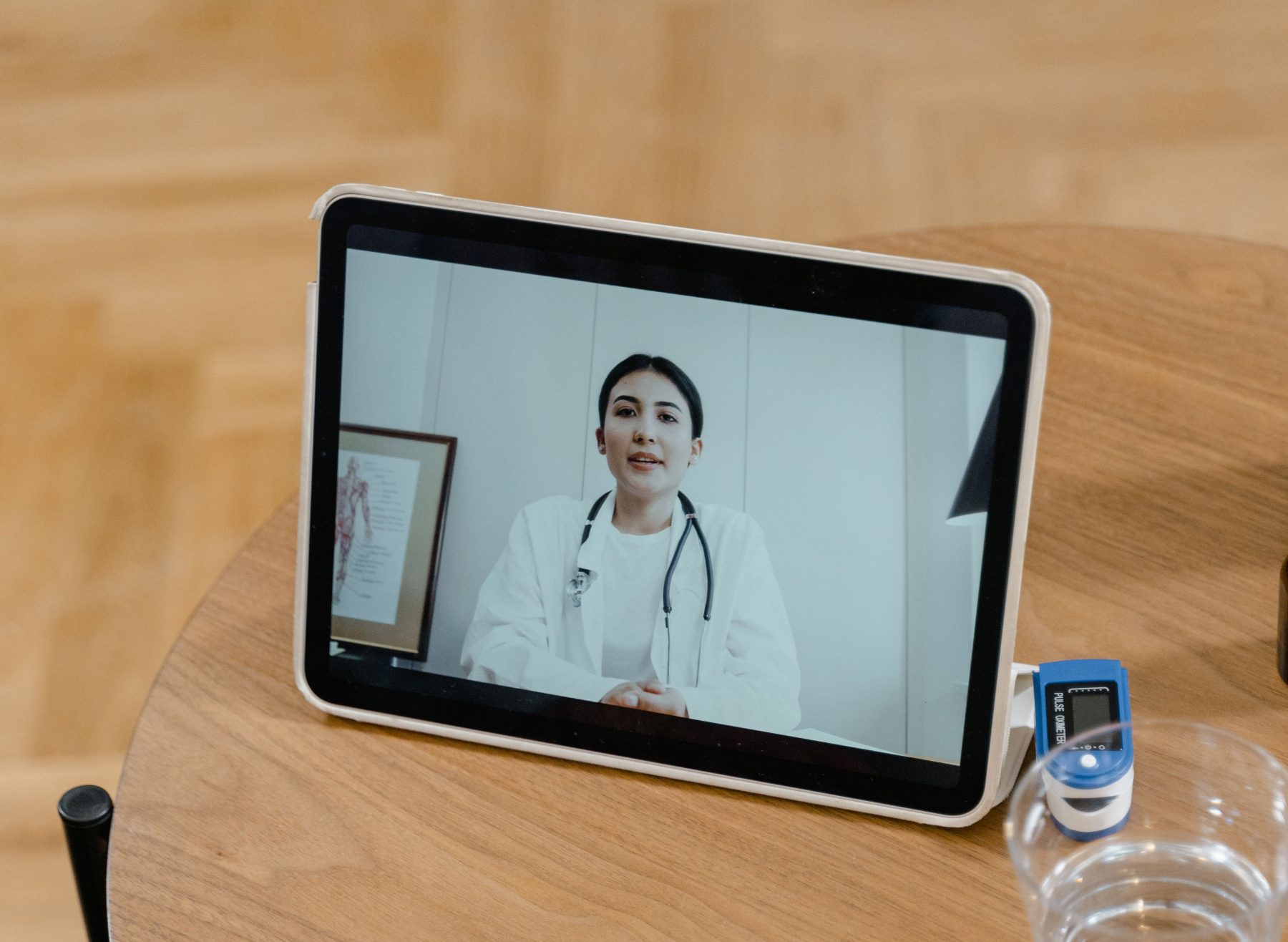
A Canadian Consensus Panel issues guidelines for virtual treatment of children, teens, and emerging adults.
A Canadian Consensus Panel has developed information and guidelines for using virtual treatment for children, teens, and emerging adults with eating disorders (J Eat Disord. 2021. 9:46). The context was that during pandemic care, but of course, virtual treatments have the potential to address longer-term access care issues as well.
Dr. Jennifer Couturier and colleagues at MacMaster University, Hamilton, Ontario, Canada, first used scoping review techniques to examine databases from 2000 to 2020, and then evaluated information from a panel of individuals across Canada to develop their guidelines focused on virtual interventions for children, adolescents and emerging adults with eating disorders and their caregivers.
Telehealth is a promising alternative for delivering outpatient care, but the review panel identified some of the challenges of virtual treatment of those with eating disorders. One of the strongest recommendations was that in-person medical evaluation for children, teens, and emerging adults with eating disorders continue.
The panel reviewed the existing evidence based for other interventions. Based on that, Internet CBT-based guided self-help resonated best among emerging adults with AN, BN, BED, and EDNOS received strong recommendation; so, too, was Guided Parental Self-Help CBT. Weak recommendations, based on the evidence base, were made for a number of other interventions including MANTRA, telehealth FBT, use of apps for support, caregiver interventions, and moderated forums.
Some reports have shown that adults with AN, BN, and BED in the US and Netherlands are concerned about the quality of virtual ED treatment during the pandemic, feeling that this is “somewhat” or “much” worse than usual care (Int J Eat Disord. 2020. 53:1780). There also is a reported ambivalence among ED patients about video calls. They can experience heightened self-criticism, and awareness of bodily appearance, leading to a negative experience during virtual calls (Eur Eat Disord Rev. 2020. 28:239).
Those with EDs and their caregivers have been concerned about the lack of face-to-face accountability with virtual weigh-ins, for example, as well as worry about long-term social isolation. There also is the negative effect of social media posts and ads about inevitable weight gain related to isolation and staying at home, increasing weight concerns. For example, during the pandemic, households often had a week’s supply of groceries, which could trigger binge-eating episodes.
Countering negative views of virtual sessions
For clinicians treating individuals with EDs of any age, one suggestion was to stress that the virtual session was “business as usual,” especially for ED patients who might view the virtual sessions as second best to in-person treatment. Another suggestion was to use video call platforms instead of audio calls, underscoring the challenges associated with COVID-19 to those with EDs. Another helpful approach was using COVID-19-specific psychoeducation for CBT or enhanced CBT sessions. Another suggestion was to use a person-centered and harm-reduction approach. For those with avoidant/restrictive food intake disorders (ARFID), one suggested approach involves carefully listening to individuals, family members, and partners of those affected by COVID-19.
This review panel’s work is valuable. It provides an overview of what is known—and with how much certainty—in this area.
